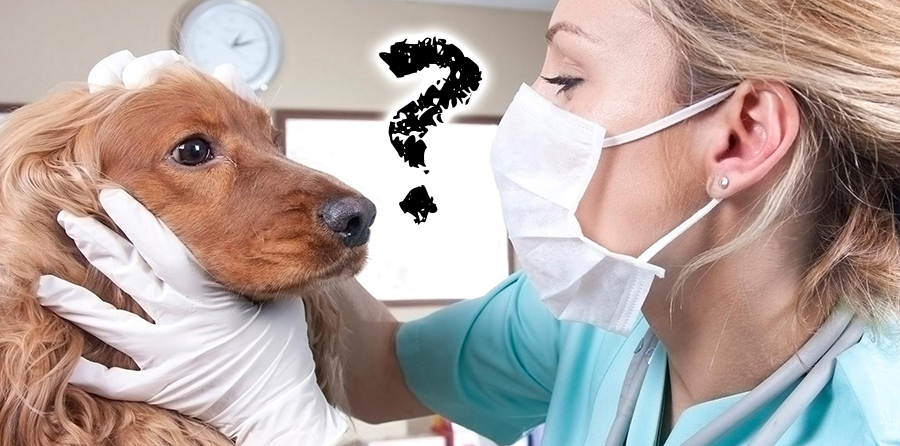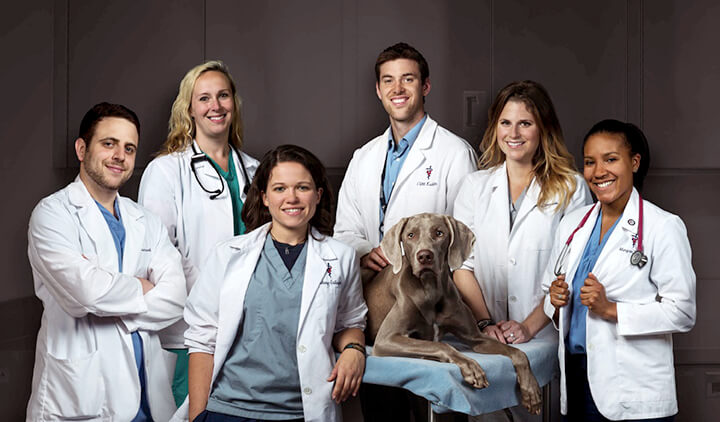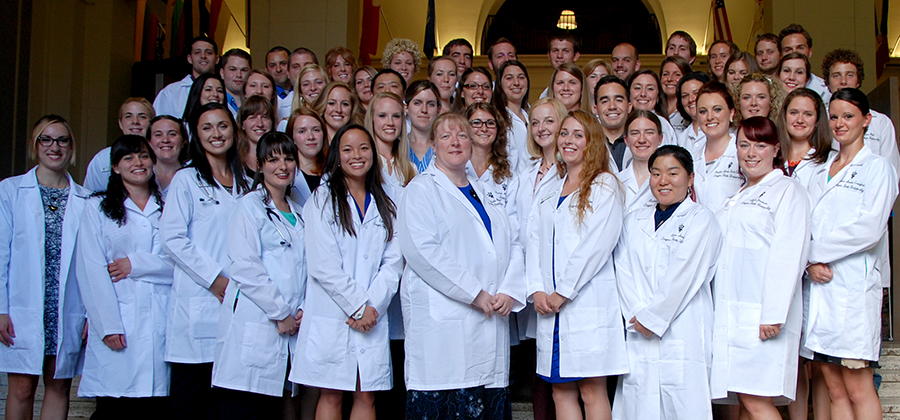By Jackie Roman
Human doctors are usually able to get a few words out of a patient. For a vet, examination and comparison with their knowledge and experience is the only way they can treat their patients.

Vets also have to be able to thoroughly examine their patient while keeping themselves and their staff safe. Hurt and sick animals may bite, scratch, or lunge out of fear and pain.
A veterinarian shares many qualities of a good physician – sympathetic bedside manner, gentle touch, and intuitive diagnosing. Experience with many different animals, diseases, and complications helps your family vet find the root cause of your animal’s illness. Their expertise also helps sense that your furbaby has a clean bill of health after a routine check-up.

While many human doctors specialize in a certain field – emergency medicine, surgery, or delivering babies, vets are a one-stop shop.
They’re even trained for dental work – polishing teeth, cleaning gums, and even basic extractions where needed. In fact, comparing a veterinarian to a doctor that practices on humans can be like comparing apples and a bunch of grapes.
Veterinarians must study different types of animals – their physiology, while similar, isn’t always the same, and diseases can present differently in different species. Some animals have conditions exclusive to their species, or even which type of animal they are – some toy dog breeds suffer from conditions larger dogs don’t. As vets learn about animal pathology, they may be able to relate it to humans, but there’s a vast difference.

Did you know that acceptance into veterinary school is more difficult than being accepted to medical school?
The level of study is broader, but the expectation that graduates be able to treat many different types of animals, versus a doctor graduating able to treat just humans, makes for rigorous academic study.
Perhaps the largest difference between veterinarians and human doctors is the practice of euthanasia. For a doctor, when they’re exhausted their resources to treat the patient, they’re able to give the patient palliative care, focusing on keeping the patent comfortable. For a vet, on the other hand, their practice often includes euthanasia of a client’s beloved pet. It takes a strong character to perform these procedures with care and dignity.

